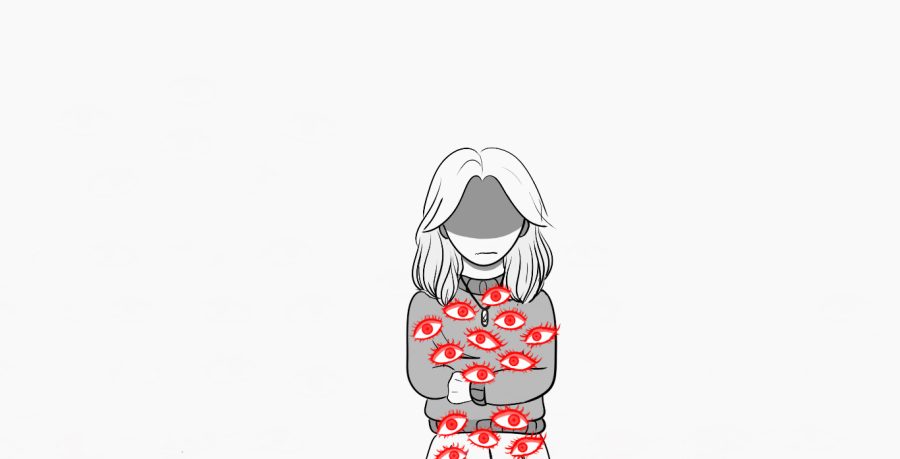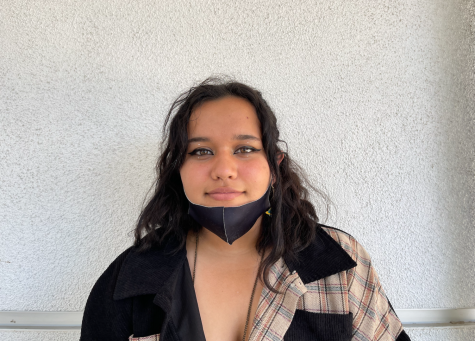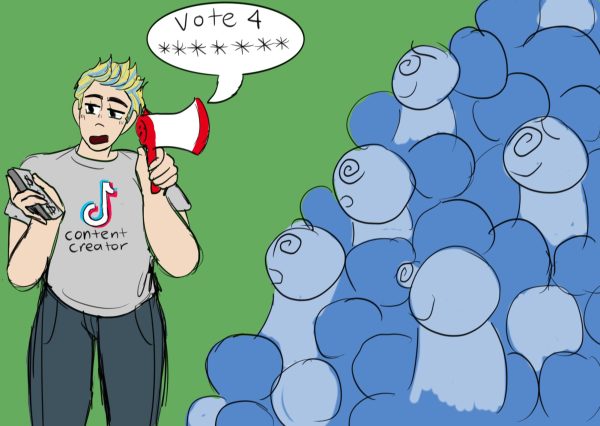Boys will be boys

The majority of the population has heard this phrase or at the very least, variations of it. These four words allude to the normalization of the harassment and impropriety within the actions of men.
This ‘trend’ is not one that is talked about, nor one that has millions of likes. Rather, this is a trend that has millions of silent supporters. Every time a woman gets asked “What were you wearing?”, “Did you say no?” or told “You were asking for it” after being harassed, a tally is added of another person becoming a supporter.
Personally, I’ve experienced the world-wide ideology that men have the right to touch, catcall and comment on a woman’s body since I was 12 years old.
I remember clearly when I first became aware of my body and the eyes that were focused on it. I was in the grocery store with my mom when a man, who looked twice my age, made eye contact with me. It took him less than a second for his eyes to travel down my body and another to move them to where lines stopped and curves began.
I was 12 years old and I was wearing a tube top and shorts.
According to the organization NPR, the results released in a report “show that 77 percent of women had experienced verbal sexual harassment, and 51 percent had been sexually touched without their permission. About 41 percent said they had been sexually harassed online, and 27 percent said they had survived sexual assault.”
When we look among those percentages, many of the women in our society who experience harassment are still in their teenage years. Women should not have to be afraid to walk down the street, or feel the need to carry weapons such as mace.
Similarly, Bonita Vista High sophomore Lyra Rhoades, has also had personal experiences with a man who has made her uncomfortable.
In this instance, she shared that she went to a Starbucks, where a man approached her and commented on her body and continued to look her ‘up and down’.
“I was wearing a skirt and a long sleeve shirt. Then he was like, ‘[I] like your skirt’ and then he [said you have a] really good body. [He kept] looking me up and down. It took months for me to go back [to Starbucks] because it made me uncomfortable…it’s disgusting,” Rhoades expressed with fervor.
The normalization of men objectifying women through comments stems from a society that both encourages and supports the notion that ‘boys will be boys’. It’s also congruent with the mindset that we should commend men for doing the bare minimum––respecting a woman for her body and mind. If your fidelity is based on solely flattery and praise, then your so-called allegiance is tainted.
This is not to say that men aren’t subject to such violence and harassment, or that women aren’t at fault for catcalling men. On the contrary, when a woman objectifies a man, it’s considered to be a compliment rather than a sexist comment.
To put it simply, we must see each other as equal if we are to negate the patriarchal and matriarchal parts of our society. In order for actions such as these to be stopped, people must be educated on the subject of consent and harassment, whether it be within the classroom or in our own home.
Laying the necessary foundation is essential which means that it’s of the utmost importance to place an emphasis on youth. Through practices, such as feminism—which promotes and advocates equality— we ensure that the upcoming generations create a safer environment.
According to Thought.co “feminist theory has always been about viewing the social world in a way that illuminates the forces that create and support inequality, oppression, and injustice, and in doing so, promotes the pursuit of equality and justice.”
Men and women alike will not stop commenting on other bodies, until taught, men and women will not stop objectifying others, until taught. As generations are changing with the times in different aspects, we must change as well.

Hey there! I'm Mayah Cerecer, and I'm a senior attending Bonita Vista High School. This is my first year on staff for the Crusader and my current position...







